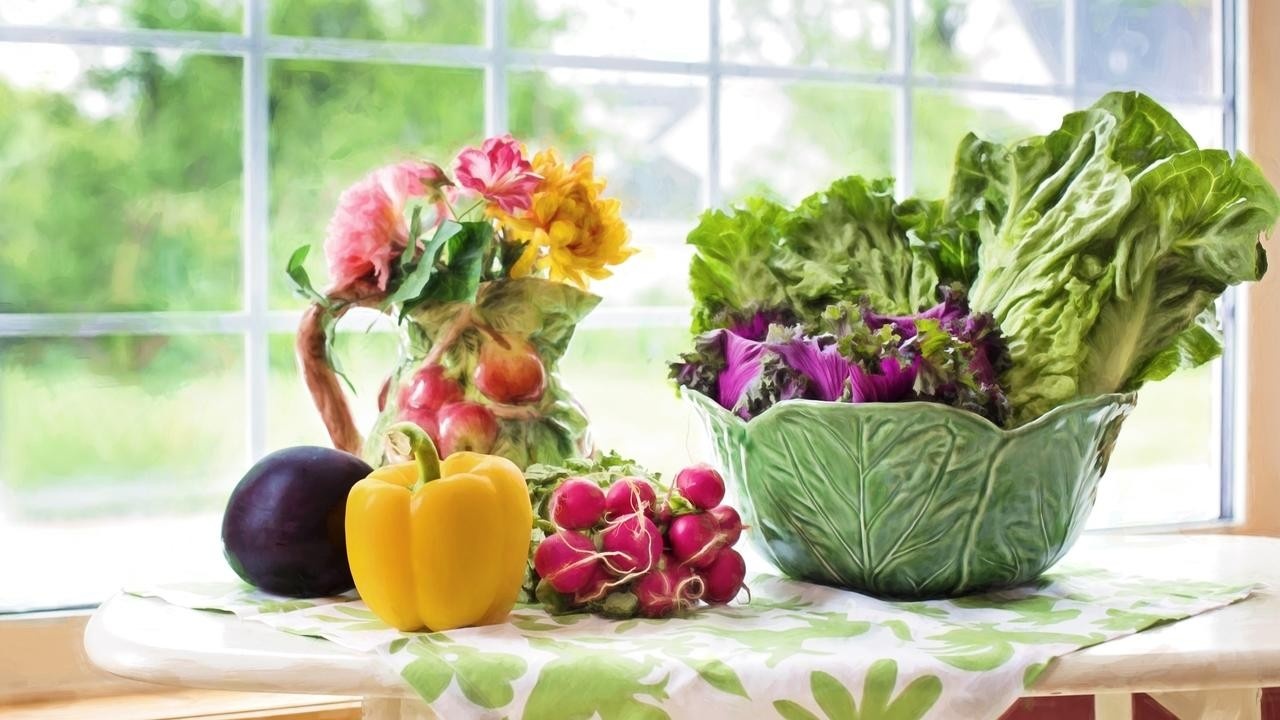Healthy Aging through Loving Your Liver

Advice on what we “should” be eating abounds. Eat only protein. Fast intermittently. Be vegan. Eat high fat. How does one decide? As someone who has been maintaining a 35-pound weight loss for more than 30 years—without dieting—I am keenly aware of food talk and recommendations about eating. Working in the Wellness and Fitness field, I hear talk about diets almost daily. However, I have not participated in a fad diet for 35+ years. The philosophy that enabled me to lose weight and keep it off has always been to eat all things in moderation.
Still, my observations about the nutrition mindsets of my clients is that they continue to focus on “what food plan is the current rage” and “which food plan offers the quickest results.” Meanwhile, current scientific research shows that high-fat, high-protein diets are not the best option for many adults over 50; especially menopausal women.
Women’s Healthy Aging Researcher, Wendy Sweet, PhD, points out that it is harder for menopausal women’s livers and gallbladders to handle fats than it was when we were younger. That notwithstanding, if the liver is so busy trying to process excess fats and proteins, this could interfere with its ability to absorb vital nutrients and mineral salts into the blood. Furthermore, this is all happening when our bile production is already reduced by 20-30% due to our age.
“There is an interplay of hormonal issues and aging that create a unique path for development of liver problems and liver disease in menopausal women, making chronic liver disease a significant burden on women’s health in their post-menopause years.” [Brady, C., 2015].*
The Solution
As we age, the better nutrition mindset might be, “what plan will give me the energy and strength to age well?” Here are three small but powerful ways you can progress toward a healthier liver:
- Eat Mainly Plant-Based Fats instead of Animal-Based Fats. Plant-Based Fat Examples: Nuts, seeds, avocados, olive oil
- Decrease your total fat intake to around 15% of your total consumption.
- Incorporate More Plant-Based Dishes into your Daily Diet—see delicious plant-based Collard Green Soup recipe adapted from a recipe by Abbie Gellman below.

Collard Green Soup (Adapted from Chef Abbie Gellman, RD)
- ¼ cup olive oil
- 1 small Yam cut into squares (skin on)
- 1 small Celery Root (trim away green portions and brown surfaces and cut into squares
- 1 Yellow onion, diced
- 3 cloves smashed Garlic
- Salt to taste
- Red pepper flakes to taste
- 2 boxes Veggie broth
- 1 bunch Kale (Lacinto or other)
- 1 bunch Collard greens
- Lemon zest
- Juice of half lemon
- Parsley
Add garlic to salt. Strip stems off kale and collard greens.
Add olive oil plus potato/celery root, onion, cloves, salt and red pepper flakes to a large pot. Deglaze with half cup of stock. Cook until the liquid is reduced by half.
Add greens, rest of stock and bring to a boil, then reduce heat to medium, cover, and simmer for about 10 minutes or until potatoes and celery root are softened.
Remove from heat. Add Lemon and zest to vitamix. Puree soup with lemon/zest till blended. Add the parsley into the last batch.
For more recipes, tools and tips for creating and enjoying your Big Amazing Life, subscribe to my newsletter here.
Works cited:
Sweet, W. PhD, Women’s Healthy Aging Researcher. https://www.mymenopausetransformation.com/blog/
Abbie Gellman, MS, RD, CDN. https://www.culinarynutritioncuisine.com/
Brady, C. (2015). Liver disease and menopause. World J Gastroenterology, 21(25): 7613-7620.
Cabot, S. (2010). Fatty liver – You can reverse it. Arizona, USA: SCB Inc.
Greger, M. (2020). How not to diet. The groundbreaking science of healthy, permanent weight loss. New York: Flatiron Books.
Kim, H., Kissaleva, T. & Brenner, D. (2015). Aging and liver disease. Curr. Opin Gastroenterol. 31(3): 184–191.
Watanabe, S., Hashimoto, E. et al. (2015). Evidence-based clinical practice guidelines for nonalcoholic fatty liver disease/nonalcoholic steatohepatitis. J. Gastroenterology, 50: 364–377.
Sally Bartlett, ©2021



